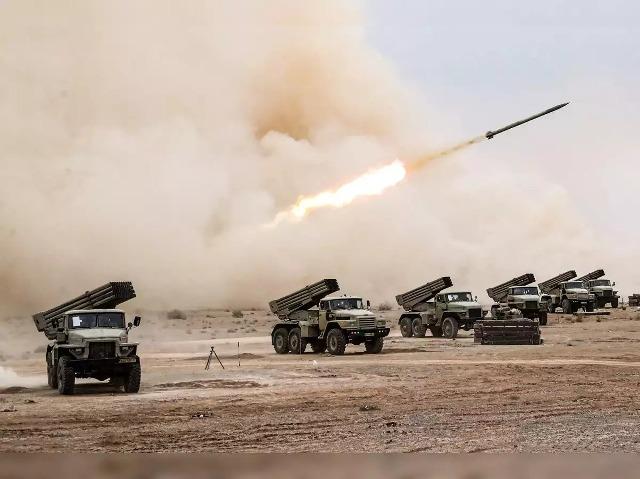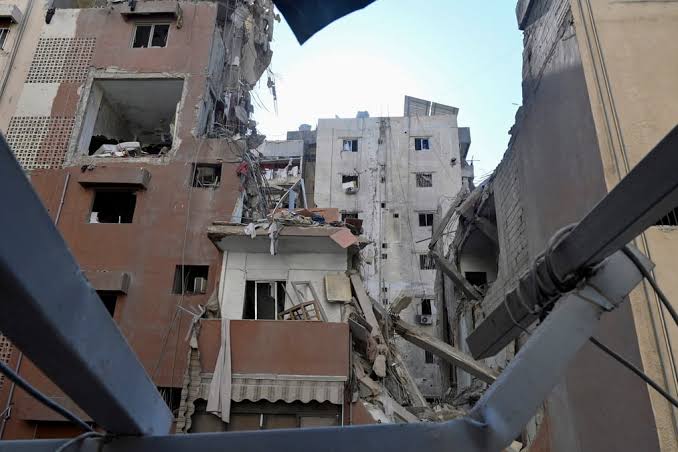Iran has issued a Notice to Air Missions (NOTAM) banning civilian aircraft from its central, western, and northwestern airspace, signalling a potential imminent attack on Israel. This move comes in the wake of heightened tensions following the assassination of Hamas chief Ismail Haniyeh in Tehran last week.
The United States and Israel have assessed that an Iranian attack is imminent, possibly occurring as early as Monday or Tuesday. U.S. Secretary of State Antony Blinken informed G-7 counterparts that Iran could launch an attack within 24-48 hours. The expected assault is anticipated to be more extensive than Iran’s April offensive, which involved over 600 missiles, rockets, and drones.
In response to the growing threat, the United States has bolstered its military presence in the Middle East and is attempting to revive an international coalition to counter potential Iranian aggression. However, anti-Israel sentiment in the region following Haniyeh’s killing has complicated these efforts.
Jordan Asks Airlines to Keep Extra Fuel
Jordan has also issued a NOTAM, requesting airlines operating in the area to carry additional fuel due to potential airspace restrictions. The country has asked all airlines landing at its airports to carry 45 minutes of reserve fuel, a move experts view as a precautionary measure in case of an Iranian attack on Israel.
Some airlines are already avoiding Iranian and Lebanese airspace and cancelling flights to Israel and Lebanon. Airspace closures related to the conflict could have significant implications for air traffic in the region, potentially forcing aircraft into narrow corridors and causing substantial disruptions to international air travel.
As tensions escalate, global leaders are working to contain the potential fallout from Iran’s expected attack. However, reports suggest that Iran has informed Arab leaders that it no longer fears the possibility of an all-out war engulfing the Middle East, raising concerns about the potential for a wider regional conflict.



